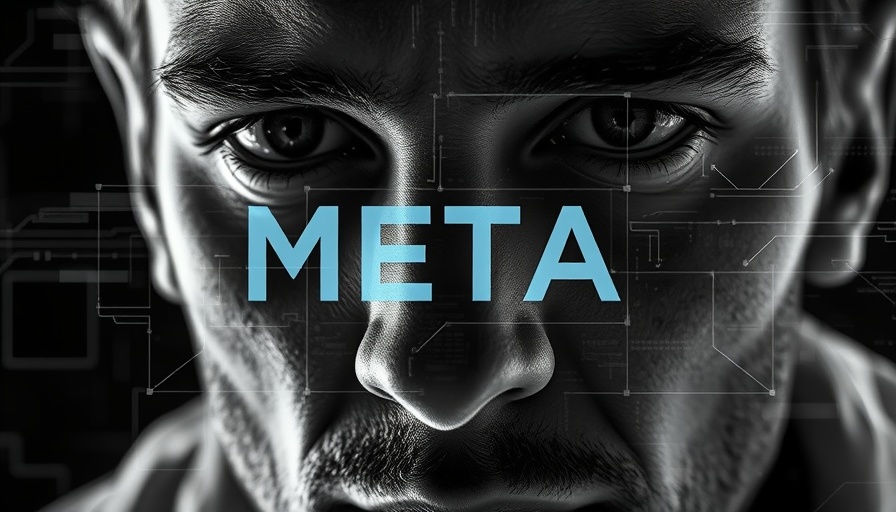
Radiologists Are Thriving Amid AI Concerns
When Geoffrey Hinton made headlines nearly a decade ago by proclaiming that artificial intelligence (AI) would soon render radiologists extinct, many in the medical field braced for significant change. Fast forward to today, and we see that not only are radiologists thriving, but they are also finding ways to leverage AI as a valuable tool. According to a recent report from The New York Times, rather than replace radiologists, AI has enhanced their capabilities in dramatic ways.
AI: A Tool, Not a Threat
The narrative around AI in healthcare is evolving. Instead of viewing AI as a job-stealing force, it is increasingly seen as a complementary partner. AI technologies are now equipped with the ability to measure organs swiftly, identify abnormalities in imaging, and even forecast diseases much earlier than traditional methods could allow. This shift in perspective is critical as the healthcare sector grapples with an impending workforce shortage—the Association of American Medical Colleges predicts a deficit of up to 42,000 specialists, including radiologists, by 2033.
Harnessing AI at Prestigious Institutions
This innovative outlook is exemplified at renowned facilities like the Mayo Clinic, where the number of radiologists has surged by 55% since Hinton's warning. The radiology department now boasts a diverse team of AI scientists and engineers who have developed over 250 AI models to advance clinical healthcare. These models range from tissue analyzers to predictive systems that can potentially save lives.
The Future of Radiology: A Partnership with AI
Experts like John Halamka, president of the Mayo Clinic Platform, assert that in the next five years, utilizing AI in radiology will not merely be optional; it will be a matter of professional responsibility. "Five years from now, it will be malpractice not to use AI," he states, highlighting the inevitable integration of AI into routine diagnostic practices.
What This Means for the Field
The implications are profound for future practitioners and patients alike. The misconception that AI will replace radiologists overlooks the collaborative potential of technology in enhancing diagnostic accuracy and efficiency. Instead of fearing obsolescence, radiologists who adapt and embrace AI could discover themselves in roles that are more enriched and impactful, ultimately leading to improved patient outcomes.
 Add Row
Add Row  Add
Add 




Write A Comment